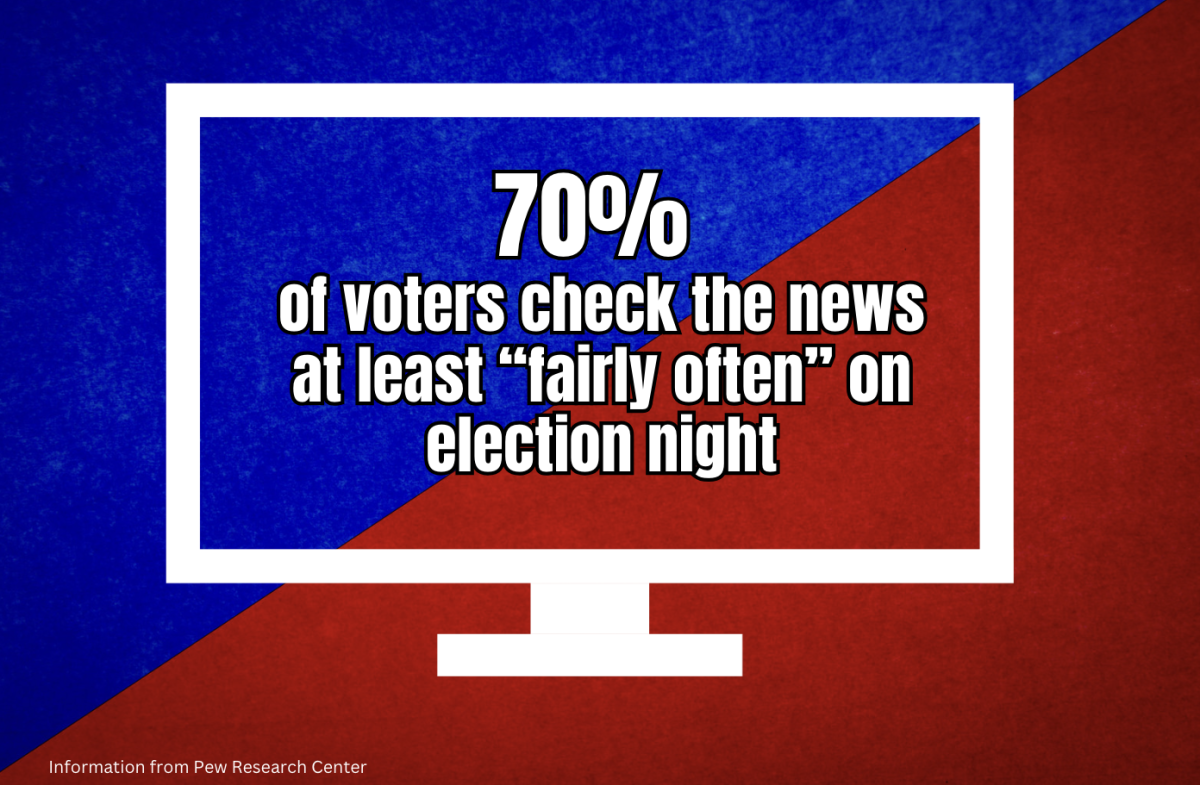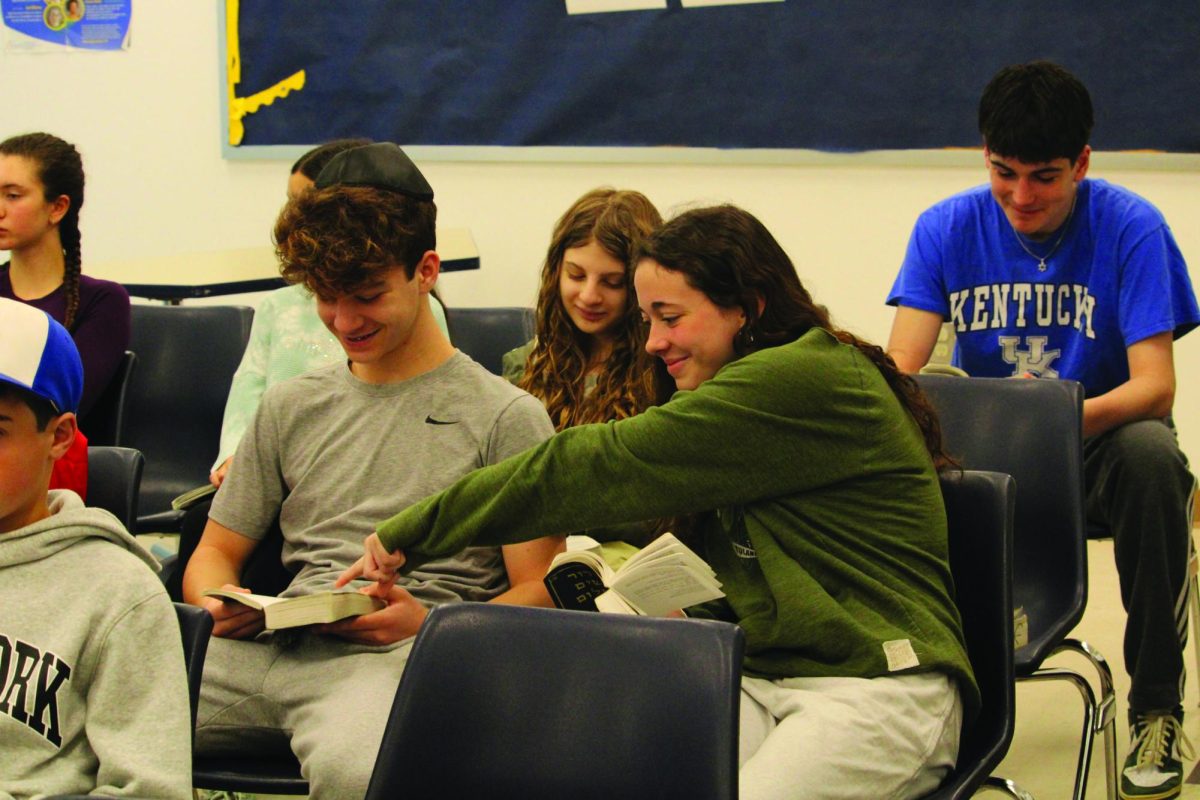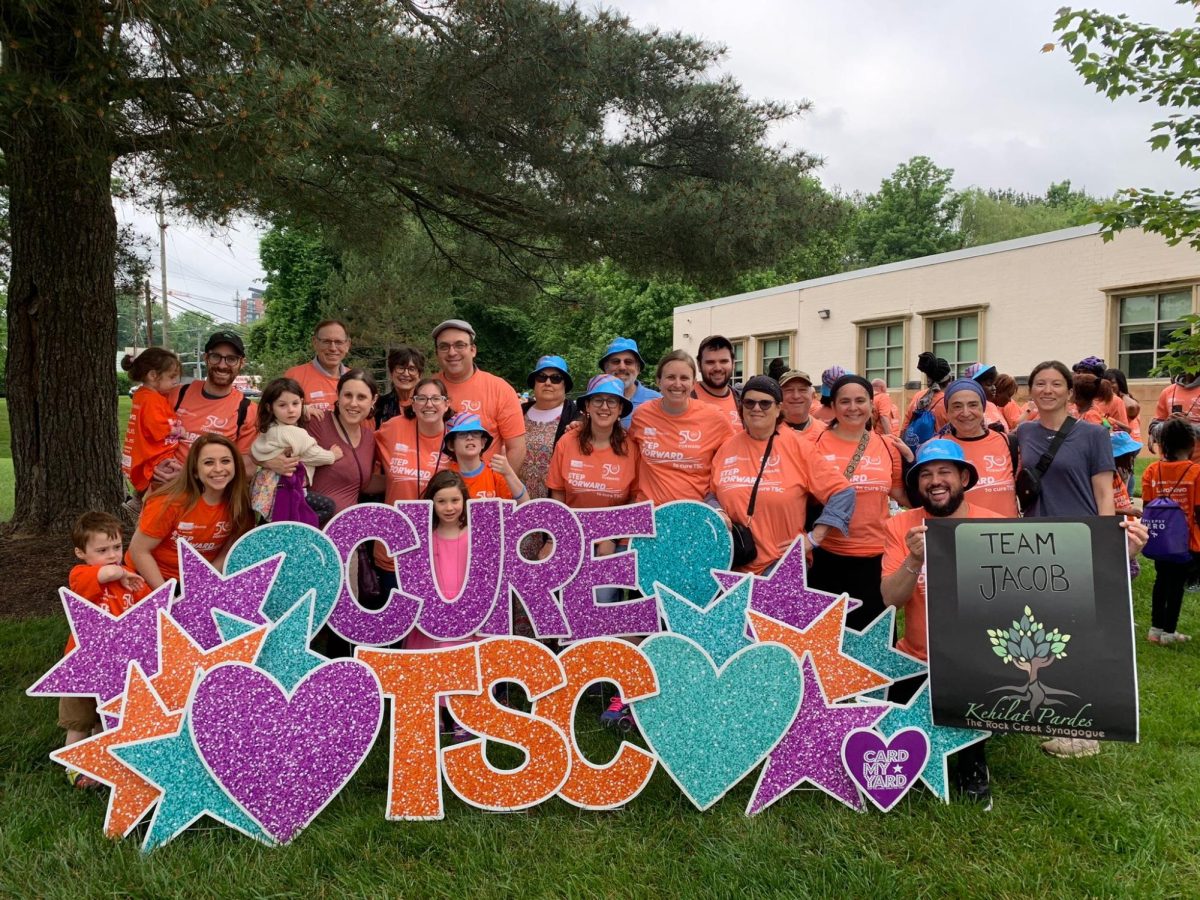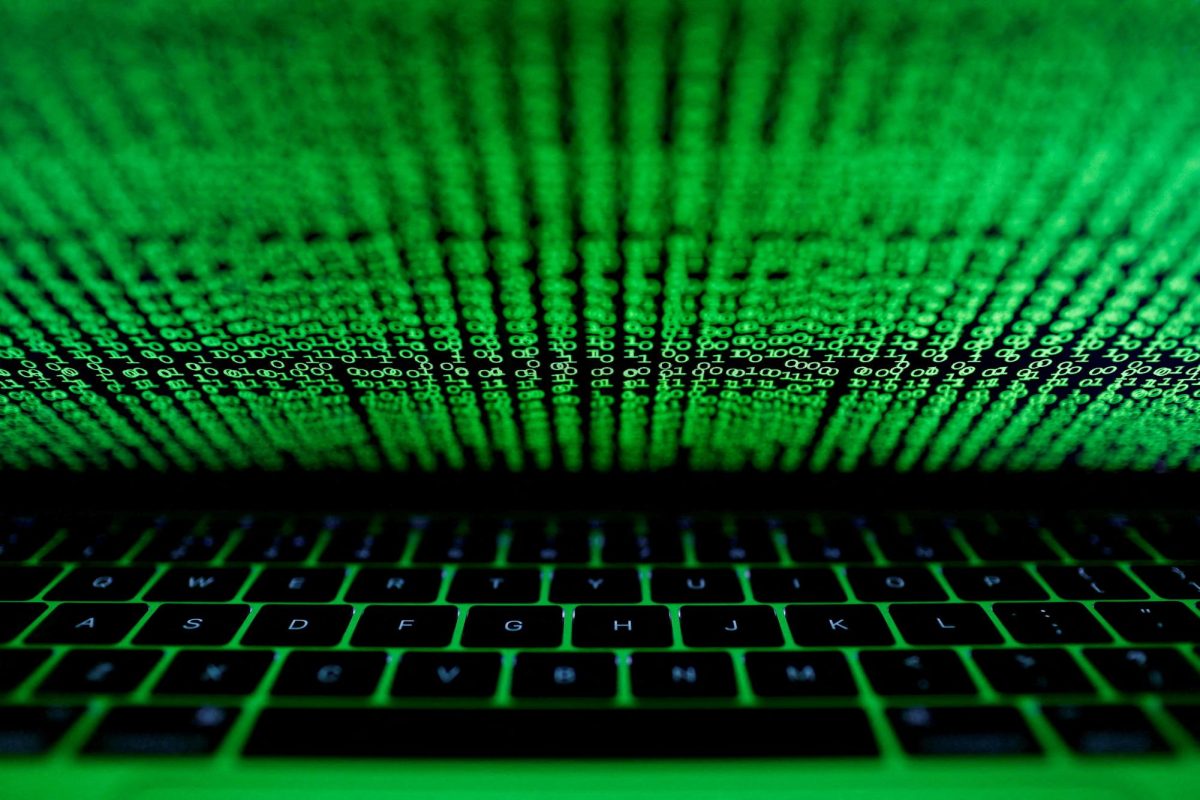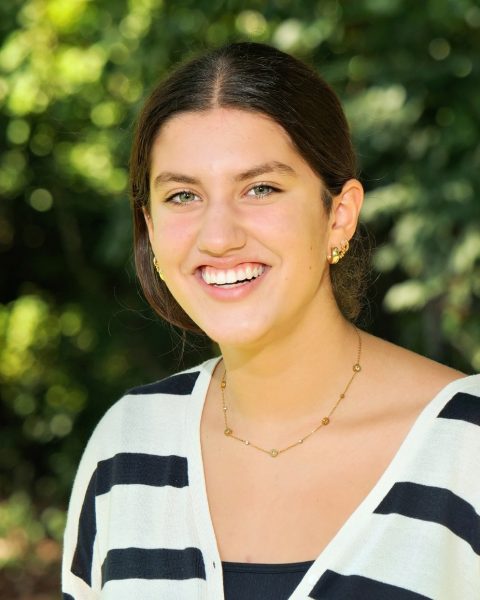As the Presidential Election approaches, Americans across the country are making plans for what could be a long and tense election night. While some people plan to go to watch parties at bars or community centers, most of America will be hunkered down at home in front of their TVs.
Voters consider a variety of factors when deciding which channels they will tune in to, many prioritizing differing political standpoints to understand all potential biases. But separating fact from fiction is even more important when it comes to election news.
Brad Dayspring, Head of Communications at Politico, is the chief spokesman for the news organization. At Politico, verifying that articles published by the company contain credible information is an important part of his position. Dayspring works with journalists in the Politico newsroom who conduct a rigorous vetting process when dealing with sources.
“We don’t publish rumor on our site,” Dayspring said. “It goes through a vigorous editor process. Everything is evaluated both from a truth standpoint [and] a legal perspective.”
News outlets always have to authenticate their information in order to uphold their reputations as reliable sources.
“[The journalists] usually [verify] by taking the information they’re providing and pressure testing it with other sources,” Dayspring said.
While journalists will be busy reporting election results, most Americans will be following the news extremely closely. According to Pew Research, 36% of Americans said they followed the returns “almost constantly” on election night 2020, and 34% said they “checked in fairly often.”
Senior Rafi Siegel, who works on the Harris campaign outside of school, said he watches the election night results with his family every four years. He said their main news sources are MSNBC and CNN. He said that in 2020, he felt like MSNBC got the numbers in more quickly than CNN, but that CNN seemed more balanced in its coverage. Siegel believes that broadcast news in general is largely made up of people giving their opinions.
“There’s going to be people expressing the news in a way that fits what they’re looking for, versus CNN,” Siegel said. “On the other hand, it’s going to be more unbiased. You’re going to have reporting and you’re going to have opinions, but there’s going to be both opinions from liberals, and then there’s also going to be opinions from conservatives. And so I think CNN is the most unbiased source for election night.”
High school History Department Chair Carl Atwood has his own method for tuning into the media on election night. Atwood plans to spend his time putting his children to bed and then watching the election as much as possible.
“There have been times where I’ve stayed up until 1,2,3 in the morning,” Atwood said. “And we’ll see if I have the stamina for that this year … I tend to flip around between the major networks: NBC, ABC, CBS.”
Many Americans and students at CESJDS are anticipating election night results, particularly this year. Like many others, Atwood thinks that the election can’t come fast enough.
“I’m on pins and needles and I really I’m eager to find the results,” Atwood said.


